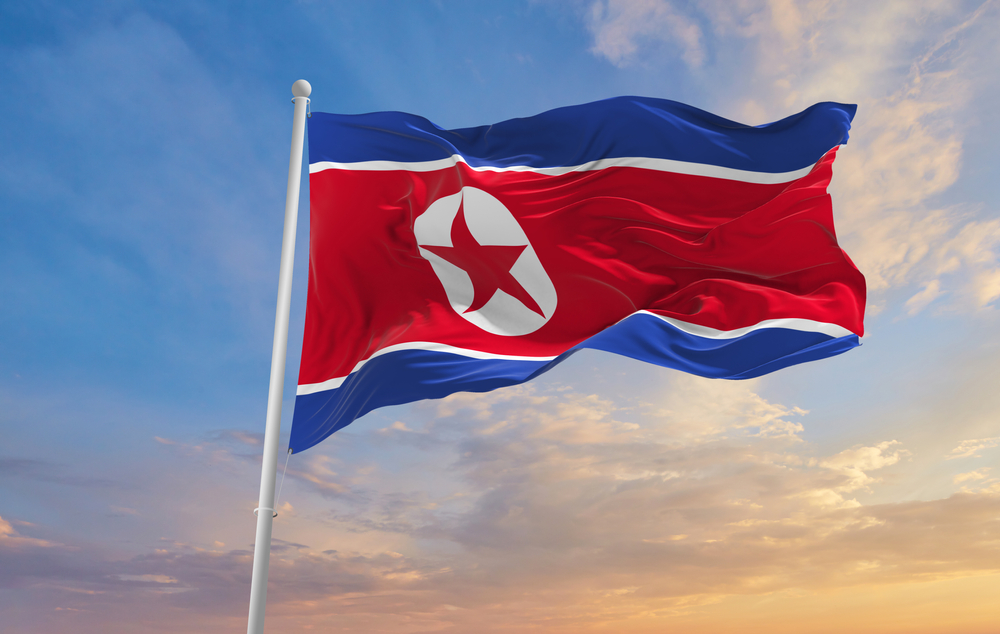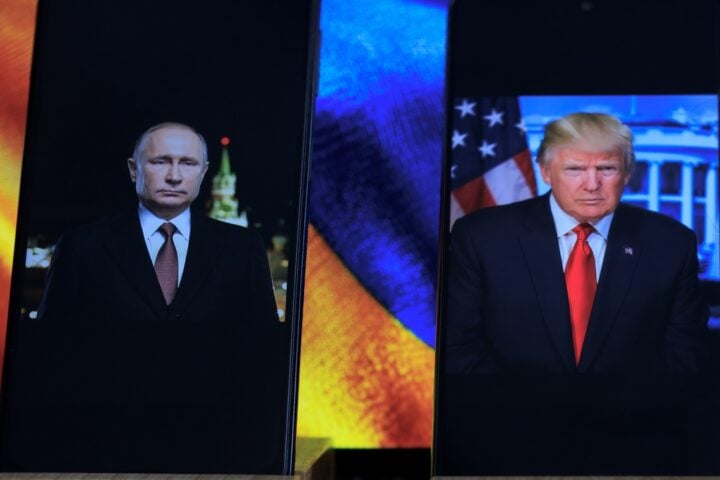In a move that has heightened tensions on the Korean Peninsula, North Korea has decided to close its border with South Korea indefinitely and bolster its military presence along the frontier. This decision follows escalating disputes between North Korea, South Korea, and the United States, with all parties accusing one another of provocations. While this development has raised concerns about regional stability, the full implications for inter-Korean relations remain to be seen, especially as cross-border exchanges have already been largely inactive for several years.
North Korea Strengthens Its Defenses
The Korean Central News Agency (KCNA), North Korea’s state media, reported that Pyongyang intends to “fully sever roads and railways” linking it to the South and enhance its defensive infrastructure along the border. North Korean officials described this as a precautionary step to “prevent war and ensure national security,” blaming what they called “military hysteria” from both South Korea and the U.S. Since the spring, North Korea has increased its security along the border, adding anti-tank barriers and reinforcing key roads to control movement and tighten its grip along the Demilitarized Zone (DMZ).
South Korea’s Firm Response
Reacting to the latest actions from the North, South Korea’s military emphasized that any attempt by North Korea to alter the status quo would be met with a strong response. A military statement warned, “South Korea will overwhelmingly punish North Korea if it launches provocations.” Additionally, South Korean officials have been monitoring increased activities from the North, including dismantling cross-border rail links and laying landmines along parts of the boundary, signaling a further deterioration of relations.
Uncertainty Over Constitutional Changes
Speculation had been rife that North Korea might use its Supreme People’s Assembly session to officially declare South Korea as a “principal enemy” and redraw the country’s borders. However, reports from the KCNA centered instead on changes to legal age requirements for work and elections, with no mention of the anticipated constitutional shift. Some experts believe that Pyongyang may have delayed the formal declaration, while others suggest that the changes could have been quietly enacted due to their sensitive nature.
Strategic Shifts in Pyongyang’s Approach
Kim Jong Un’s recent decisions seem to mark a departure from the North’s previous stance on unification with the South. Unlike earlier North Korean leaders who promoted unification under their terms, Kim appears more focused on isolating South Korea diplomatically. Analysts believe he aims to reduce South Korea’s influence in talks about nuclear policy while pursuing direct engagement with the United States. As one expert noted, “Kim likely aims to diminish South Korea’s voice in the regional nuclear standoff.” This change in strategy may also be aimed at curbing cultural influences from South Korea while bolstering internal support within North Korea.
Rising Military Tensions in the Region
The announcement of North Korea’s border closure coincides with a period of increased military activity on both sides of the peninsula. Pyongyang has conducted a series of missile and artillery tests, which observers see as a direct challenge to Seoul’s security, given its proximity to the border. Meanwhile, South Korea and the United States have expanded their joint military exercises, further straining the situation. This cycle of military displays and counteractions has led to concerns that the situation could spiral into further conflict.
What’s Next for Inter-Korean Relations?
With North Korea sealing its border and increasing its military readiness, the prospects for a revival of inter-Korean dialogue appear dim. Both nations continue to hold firm to their positions, making any potential for diplomatic breakthroughs seem increasingly remote. Nonetheless, the situation on the Korean Peninsula remains highly fluid, with the potential for unexpected changes as global powers react to the evolving dynamics. The immediate challenge is to prevent further escalation and explore avenues for maintaining regional stability.
North Korea’s decision to close its border with South Korea and fortify its defenses has added new challenges to an already tense regional environment. While Pyongyang’s actions may be aimed at pressuring its neighbors, the path forward for peace and stability remains unclear. With the stakes high, all eyes are on the Korean Peninsula, where the potential for further escalation or a shift toward dialogue hangs in the balance.







